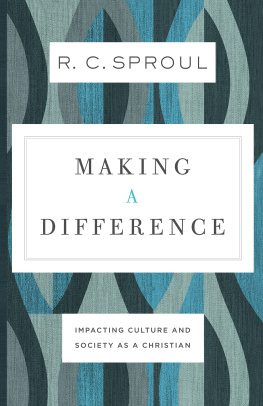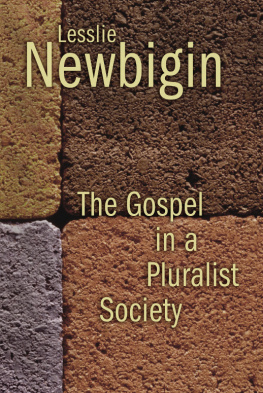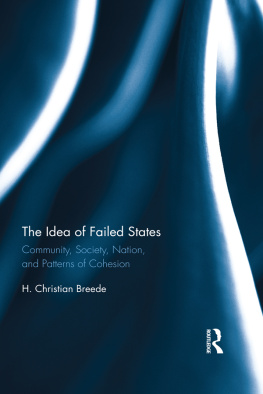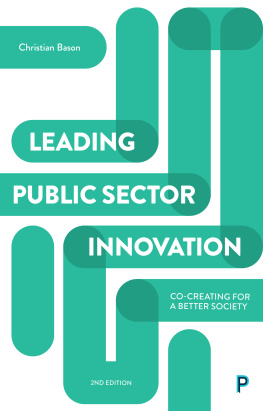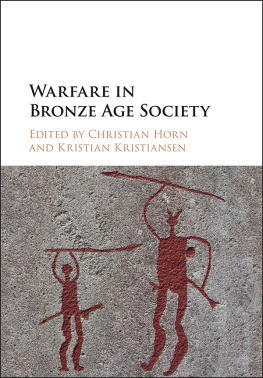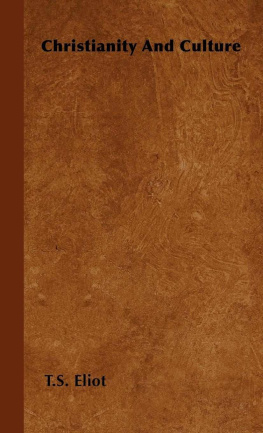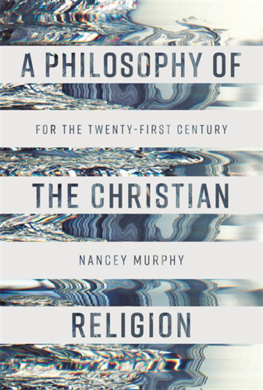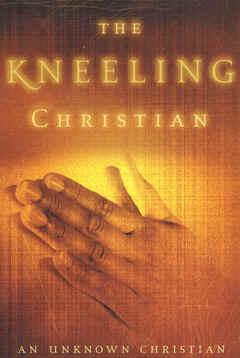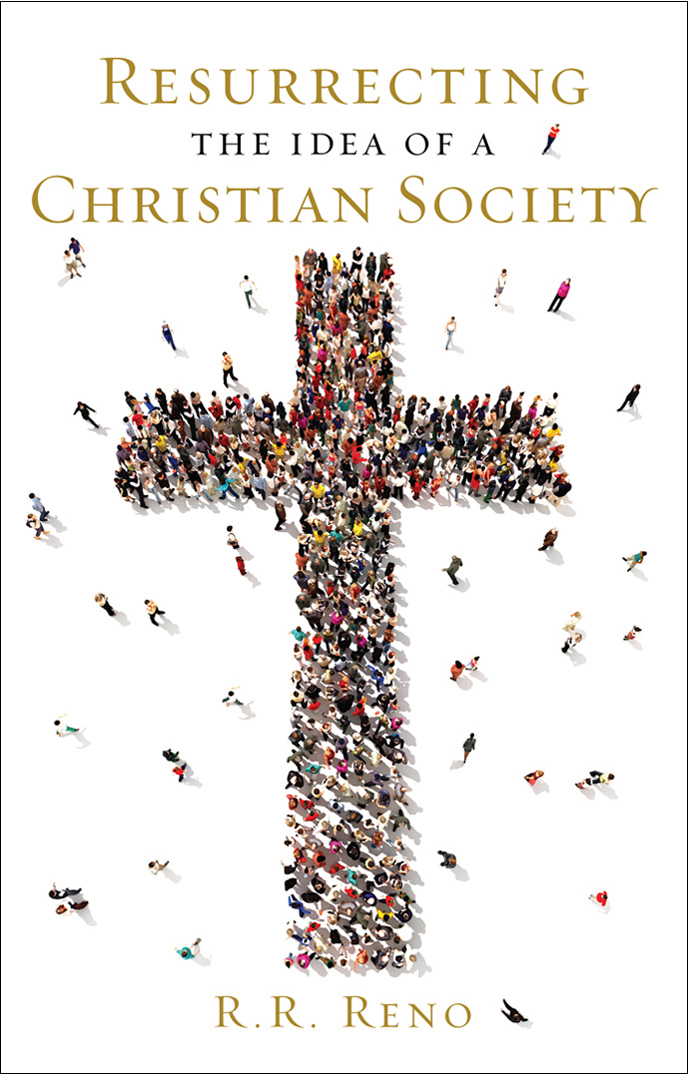

Copyright 2016 by R. R. Reno
All rights reserved. No part of this publication may be reproduced or transmitted in any form or by any means electronic or mechanical, including photocopy, recording, or any information storage and retrieval system now known or to be invented, without permission in writing from the publisher, except by a reviewer who wishes to quote brief passages in connection with a review written for inclusion in a magazine, newspaper, website, or broadcast.
Regnery Faith is a trademark of Salem Communications Holding Corporation; Regnery is a registered trademark of Salem Communications Holding Corporation
First e-book edition, 2016: ISBN 978-1-62157-565-8
Cataloging-in-Publication data on file with the Library of Congress
Published in the United States by
Regnery Faith
An imprint of Regnery Publishing
A Division of Salem Media Group
300 New Jersey Ave NW
Washington, DC 20001
www.RegneryFaith.com
Manufactured in the United States of America
10 9 8 7 6 5 4 3 2 1
Books are available in quantity for promotional or premium use. For information on discounts and terms, please visit our website: www.Regnery.com.
Distributed to the trade by
Perseus Distribution
250 West 57th Street
New York, NY 10107
Table of Contents
Guide
CONTENTS
O ur country is entering a crisis. The once expansive, confident American middle class is dissolving. Economic globalization has eroded the wages of middle-class workers. An ever-cruder mass culture normalizes dysfunctional behavior. People are either winners or losers, and theres less and less in between. Were either climbing to the top of the global economy or sliding down into demoralizing low-wage jobs. Everything, it seems, is fluid, mobile, and impermanent.
I have a young friend whose father has worked his whole life in a steel mill in Gary, Indiana, living for decades in the same house with the same wife. My friend has done well as a software engineer, and one of his brothers has risen even higher in finance. His two other brothers are recovering drug addicts and fathers of illegitimate children. These brothers and their divergent paths reflect our crisis. The stable ground is disappearing. Youre either going up or going down. The upshot is widespread unhappiness. Even the successful are consumed by a spirit of anxious striving. Too often despair overtakes those struggling, stumbling, and falling behind.
We can talk about the resulting economic inequalities and the human costs of moral disintegration. I have something to say about both in this book. But the crisis is deeper; it cant be captured in the statistics of drug addiction and suicide. Its a crisis of declining trust and stability, lost solidarity and permanence. We Americans like to compliment ourselves for our independence and self-sufficiency. But theres a dark side to our national character. A deep sadness comes when we realize, finally, that were on our own, which is where secular individualism brings us in the end. Many now live without a Father in heaven. Political correctness denies them the patrimony of a workable cultural inheritance. For an increasing number of young people, theres not even a father at home. A nation of orphans, literal or metaphorical, will not long endure.
It was against the background of a very different crisis that T. S. Eliot wrote The Idea of a Christian Society. Originating in a series of lectures delivered at Cambridge University in March 1939, the book was drafted when Nazism had secured total domination in Germany, fascism ruled in Spain and Italy, and communism controlled Russia. It seemed as though the liberal democratic project had run its course, superseded by more up-to-date ideologies that could forge masses of men into powerful movements and vast armies. Turning back these threats would require tanks and airplanes, strategic planning, and the mobilization of entire nations. But Eliot saw that a more fundamental response was required as wella decision. Would the West seek a Christian future or a pagan one?
We face a similar decision today. Will we seek to live in accord with the idea of a Christian society, or will we accept the tutelage of a pagan society? Our crisis seems less dire than that of Eliots day, but we should not underestimate the dangers we face. Democracy requires civic solidarity, the shared sense that were all in this together. As economic and cultural transformation splits our society into unequal parts, its difficult to affirm our solidarity anymore. Were disintegrating into two increasingly estranged classes: a super-successful elite and the rest, many of whom lead troubled lives and are dependent on government assistance to get through life.
Im not a prophet, but I sense that were leaving behind the democratic era and heading toward a meritocratic one. A meritocracy justifies the wealth and power of its elite on the grounds of their competence and achievements rather than on popular assent. At best, well-meaning technocrats keep the economic machine humming, distributing the material goods of an advanced industrial society and providing therapeutic assurances of inclusion. More likely, perhaps, is a darker future. Social Darwinism may return, this time in a libertarian guise. Opportunity becomes the watchword, and the losers in society, their failure self-willed, are thought to deserve their place at the bottom. When a culture of freedom becomes a cult of freedom, injustice, suffering, and social dysfunction get explained away as choices.
The cult of freedom lacks the theatrical bombast of Nazism or the theoretical relentlessness of communism. We do not worship Blood, Soil, or the Proletariat. The idols on offer are softer and smaller. They are the smiling hearth gods of postmodern materialismhealth, wealth, and pleasure. They provide the ideals for todays elite: he who is slimmest, richest, and drinks the best wine in the most luxurious private jet wins! And these gods seduce todays losers, whose bad choices lead to death from drug overdoses, adult-onset diabetes, violence, and other afflictions of the growing underclass.
This need not be our future. We can make a choice about choice. We can encourage the kind of freedom that serves a higher good. We can opt for the idea of a Christian society. It wont be the one Eliot described but one suited to our own time. I hope we make that choice. America needs repair and renewal, which in our age means restoring a sense of stability and collective responsibility.
In The Idea of a Christian Society, Eliot took a formal approach, trying to outline the social structures necessary for Christianity to provide a foundational influence. I take a more concrete approach, tailored to the unique circumstances of early twenty-first-century America. The leitmotif throughout these pages is the need to restore genuine freedom. By my reckoning, a false view of freedom as unimpeded choice and self-definition has led to a deregulation of culture more consequential than market deregulation. This deregulation has benefited the strong and hurt the weak. I outline how and why the seemingly innocent expansion of lifestyle choices has been so harmful. Todays progressivism is waging a war on the weak. Putting an end to that war is the most important social justice issue of our time.




